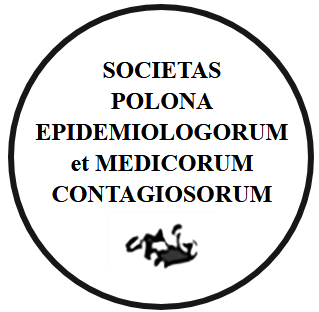ABSTRACT
PURPOSE. This study aimed to determine quality of life and its related factors among participants in Shahrekord Cohort Study in southwest of Iran.
DESIGN/METHODOLOGY/APPROACH. The present study was a descriptive-analytical cross-sectional study approved by Shahrekord University of Medical Sciences. One thousand participants in the Shahrekord cohort study were selected through a convenience sampling method, and entered the study based on the inclusion criteria. Participation in the study was completely voluntary, and a written consent form was obtained from each participant. Data gathering tools were a demographic questionnaire and the short version of the World Health Organization Quality of Life (WHOQOL-BREF) questionnaire. Data were collected through face-toface interviews by trained individuals. Collected data were then analyzed using SPSS v24.
FINDINGS. No significant relationship was observed between the physical health and also the environmental health and participants’ sex. However, in other dimensions of quality of life including psychological health, the social relationship health, general perception of health, and the overall quality of life score, male participants reported a better quality of life (p<0.05). No significant relationship was observed between the physical health, the psychological health, and the general perception of health with participants’ levels of education. However, there was a significant relationship between the social relationship health, the environmental health, and the overall score of quality of life with participants’ levels of education (p<0.05). In other words, higher level of education improved the social relationship health, the environmental health, and the overall score of quality of life. Being married in men showed a positive relationship with the social health, the general perception of health, the psychological health, and the overall quality of life score (p<0.05). However, the physical health and the environmental health had no relationship with marital status in men. Being married in women only improved the social relationship health, and it was not associated with other dimensions measured by the WHOQOL-BREF questionnaire. Smoking, addiction, alcohol consumption, and cell phone use were not associated with any of the dimensions measured in the questionnaire. Diabetes caused a decline in the environmental health as well as the general perception of health (p<0.05). Cardiovascular disease also caused a decline in the psychological health, the social relationship health, and the general perception of health (p<0.05).
ORIGINALITY/VALUE. The results of the present study showed that female, illiterate and unmarried participants, and those with diabetes and cardiovascular diseases reported a poorer quality of life in some dimensions compared to other participants; using the cell phone, smoking, alcohol consumption, and addiction had no relationship with the quality of life.
You can change cookies settings in your browser. Restricted use of cookies in the browser configuration may affect some functionalities of the website.




